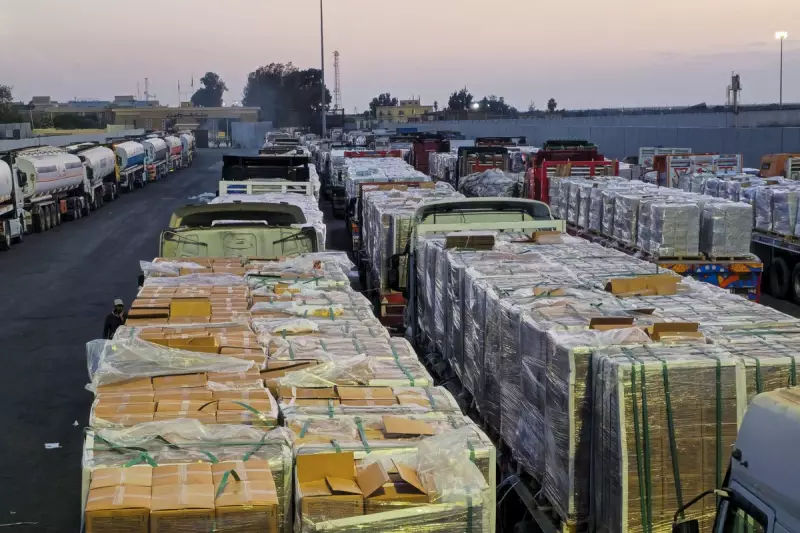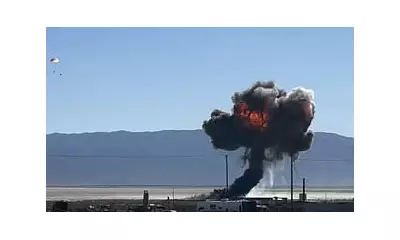
The crucial Rafah border crossing has reopened, restoring a lifeline for humanitarian assistance into Gaza after a tense period of closure that deepened the territory's humanitarian crisis.
Following complex diplomatic negotiations, aid trucks began moving through the crossing point on Wednesday, offering a glimmer of hope for Gaza's civilian population facing severe shortages of food, water, and medical supplies.
Diplomatic Breakthrough After Stalemate
The reopening comes after days of uncertainty and diplomatic wrangling between Egyptian, Israeli, and Palestinian authorities. The crossing had been closed since Israeli forces took control of the Gaza side earlier this month, creating a logistical and administrative impasse that halted all aid deliveries through this critical route.
Egyptian officials confirmed that coordination mechanisms have been reestablished, allowing for the resumption of aid operations. However, security protocols remain stringent, with all shipments undergoing thorough inspection before crossing into the war-torn territory.
Humanitarian Crisis Deepens During Closure
The temporary closure exacerbated what aid agencies describe as catastrophic conditions within Gaza. United Nations officials had warned of rapidly deteriorating conditions, with medical facilities reporting critical shortages of supplies and fuel.
"Every day the crossing remained closed pushed thousands closer to starvation and denied medical care to the injured and ill," one aid worker stated anonymously due to security concerns.
Ongoing Challenges and Future Uncertainty
While the reopening brings immediate relief, aid organizations caution that the flow of assistance remains fragile. The volume of aid entering Gaza still falls far short of what's needed to support the territory's 2.3 million residents.
Key challenges persist:
- Limited operating hours at the crossing
- Complex inspection procedures causing delays
- Ongoing military operations in surrounding areas
- Damage to infrastructure hampering distribution
The situation remains volatile, with no guarantee that the crossing will remain open consistently. International mediators continue working to establish more stable arrangements for humanitarian access amid the ongoing conflict.





